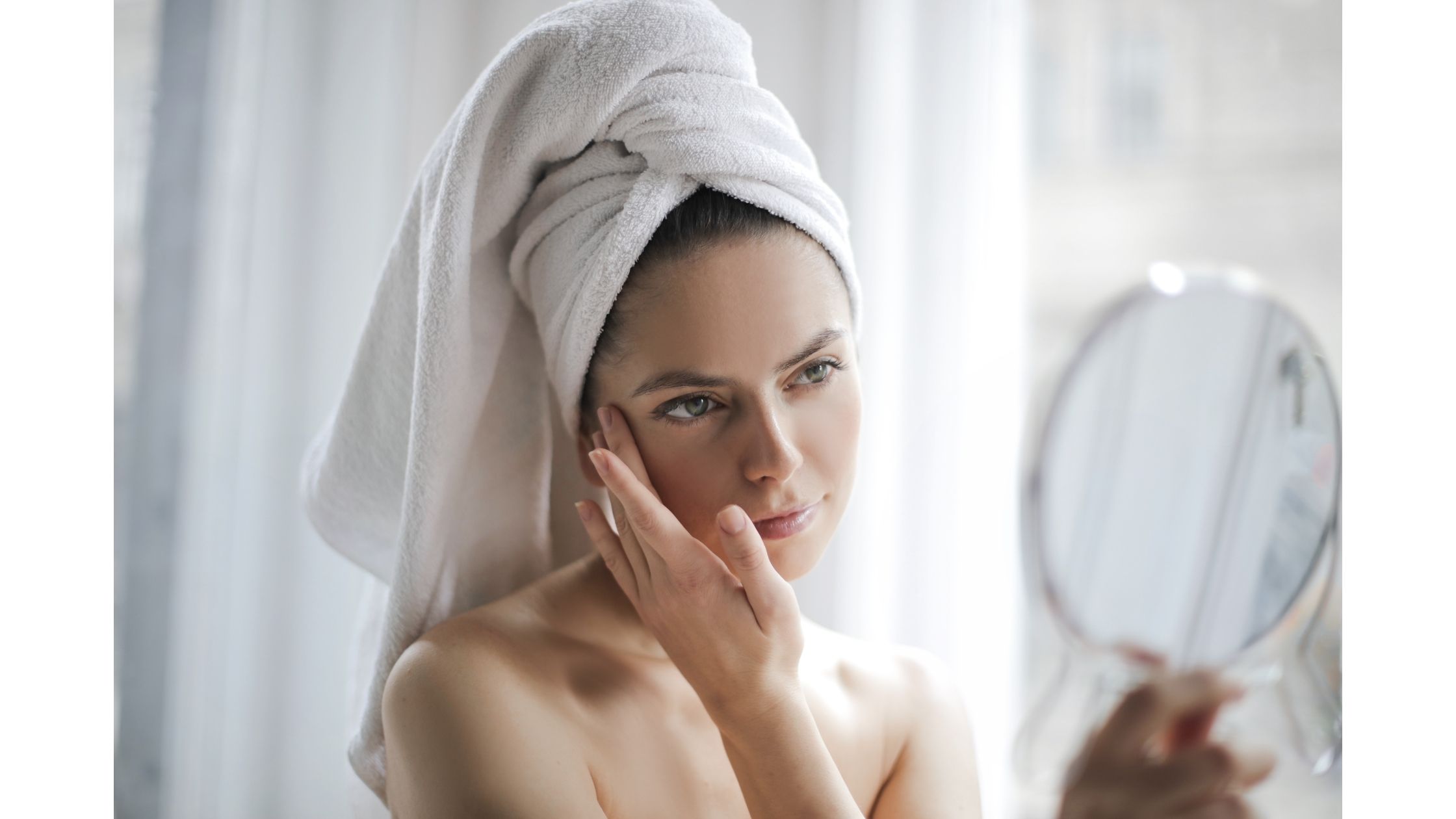Maintain Your Skin Health, A healthy skin care tip is achieved through a combination of daily skin care routine, use of the right products and lifestyle habits. These dermatologist-recommended steps will help you keep your skin clean, hydrated and youthful.
Here are some important tips for a healthy skin care routine:
- Keep Your Skin Clean: One of the most important steps in skin care is to cleanse the skin regularly. Cleanse your skin twice a day, in the morning and in the evening. Choose the cleanser you will use according to your skin type. You can choose cleansers containing salicylic acid for oily skin, and products with moisturizing properties for dry skin.
- Use Moisturizer: Keeping your skin moisturized is an important part of a healthy skin care routine. The use of moisturizer moisturizes and softens your skin and reduces signs of aging. Choose the moisturizer suitable for your skin type and be sure to use it regularly. Do not forget to apply moisturizer, especially after cleansing your skin.
- Sun Protection is Important: The sun's harmful UV rays can lead to skin aging and skin problems such as skin cancer. Therefore, using sunscreen every day is critical for skin health. Choose a broad spectrum sunscreen with high SPF (Sun Protection Factor) and apply it to your skin before going out in the sun. In addition to sunscreen, don't forget to use additional protection such as hats and glasses on sunny days.
- Eat Healthy: To improve your skin health, you should pay attention to your nutrition. A balanced diet helps you get the nutrients your skin needs. Consuming fruits and vegetables rich in antioxidants, omega-3 fatty acids such as salmon containing healthy fats, whole grains, and adequate amounts of water are beneficial for your skin. Also, be careful to avoid processed foods such as fast food and sugar, as these types of foods can negatively affect skin health.
- Stress Management and Sleep: Stress can have a negative impact on skin health. Stress hormones can lead to skin irritation, acne, and other skin problems. You can try activities such as relaxation techniques, yoga, and meditation to manage stress. Additionally, getting enough sleep is also important for skin health. The skin renews and repairs itself during sleep, so pay attention to the daily sleep time.
- Stay Away from Smoking and Alcohol: Smoking and consuming excessive amounts of alcohol damage your skin. Smoking ages your skin and can cause wrinkles and blemishes. Alcohol can dry your skin and increase its sensitivity. Therefore, choose to avoid smoking and alcohol for skin health.
- Regular Dermatological Checks: Do not forget to go to dermatologist regularly to protect the health of your skin. A dermatologist can recommend treatment methods and products suitable for your skin type and skin problems. He or she may also perform preventive exams, such as skin cancer screenings.
- Use the Right Products: It is of great importance to choose the right products you will use in skin care. Using products that suit your skin's needs can be effective in treating your skin problems. To do this, determine your skin type (oily, dry, combination or sensitive) and choose products accordingly. It is also important to check for ingredients that may cause allergic reactions or skin sensitivity.
- Apply Regular Peeling: Peeling or exfoliation is a method used to remove dead cells and accumulated dirt from the upper layer of the skin. Applying peeling regularly smoothes your skin, cleans pores and evens skin tone. However, it is important to use gentle products to avoid irritating the skin during the exfoliating process. It's also important to limit exfoliation to once or twice a week.
- Apply Moisture Masks: Moisture masks are products that intensely moisturize and nourish the skin. These masks moisturize, revitalize your skin and make it look young. You can maintain the moisture balance of your skin by applying moisture masks at regular intervals. In addition, be careful to choose moisture masks suitable for your skin type.
- Use Makeup Removers: Makeup can contain many ingredients that can be harmful to your skin. Therefore, it is important to remove your makeup every night. Make-up removers gently remove make-up and cleanse the skin. You can choose water-based cleaners or oil-based cleaners. However, you should be careful to cleanse the skin with makeup removers without overly drying or irritating it.
- Follow Hygiene Rules: It is important to follow hygiene rules to protect skin health. Be careful not to touch your face with your hands frequently, as bacteria on your hands can transfer to the skin and cause infection. Also, remember that dirty pillowcases can cause skin problems. Clean and change pillowcases regularly.
- Pay Attention to Hydration: In order for the skin to be healthy, it must also be moisturized from within. Consuming adequate amounts of water daily helps the skin maintain moisture balance. Dehydrated skin can appear dry and dull. Drinking plenty of water can keep your skin looking bright, healthy and youthful.
- Exercise and Sweating: Regular exercise is beneficial for skin health. Sweating cleans your skin and opens the pores. However, it is important to remove sweat immediately after exercise. If sweat accumulates on your skin, it can clog pores and cause acne and other skin problems.
A healthy skin care routine includes a combination of regular cleansing, moisturizing, sun protection, proper nutrition and lifestyle habits. In addition, it is also important to choose the right products and go for regular dermatologist checks, taking into account your skin type and needs. By following these tips for healthy skin, you can strengthen your skin and preserve its youth.
